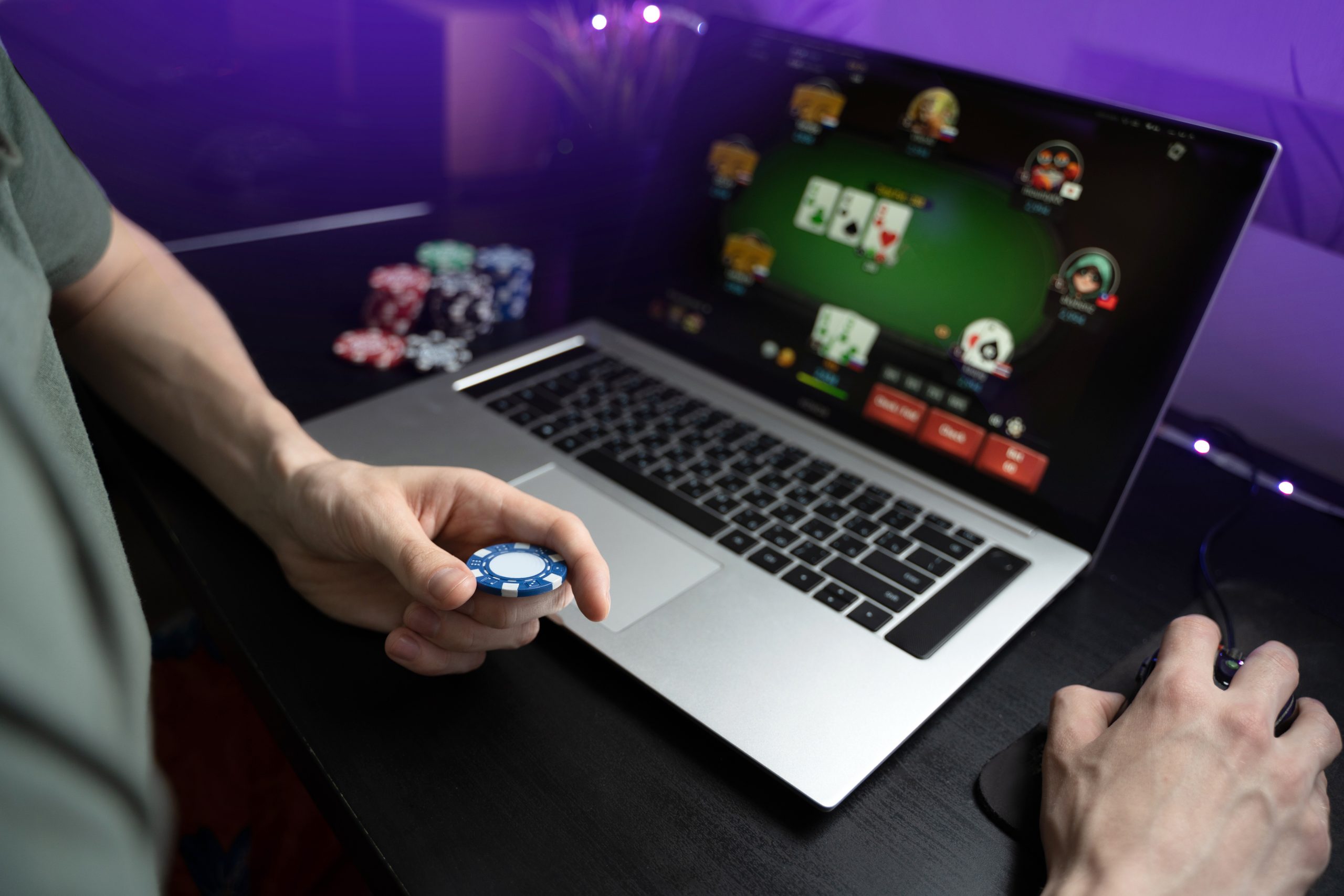
Poker in the Digital Age: Strategies for Virtual Tables
No longer confined to smoky back rooms or glamorous casinos, card tables are also available in the virtual world. Yet, are the strategies for a live poker game still applicable online? The short answer is yes but you will need to adapt to find success on the digital felt. Let’s delve into this thrilling evolution and discuss what it means for seasoned players seeking victory in the cyberspace of “hold ’em” and “fold ’em.”
The Digital Edge: It’s Not Just About the Cards Anymore
The feel of paper cards between your fingers and the woody scent of the poker table is irreplaceable, some argue. The sensory experience is part of the allure, but so is winning. In digital platforms, your strategy should shift to adapt to the intangibilities, the unseen variables in this novel environment.
If you think knowing your opponents’ ‘tells’ is important in a physical setting, consider the digital ‘footprints’ users unconsciously leave online. We’re talking about betting patterns, response times, and chat behaviors. Ever notice someone suddenly gets chatty before making a big move? That’s a footprint. A silent killer, you could say, that the wise online card shark knows to pick up on.
Software Savviness: The New Poker Face
Being software-savvy is the new poker face. You could be in your pajamas with a cup of hot cocoa, but as long as you master the platform’s functionalities, you’re miles ahead of the competition. Familiarize yourself with the interface, know where every button is, and how to use the features like ‘quick-fold’ or ‘auto-post blind.’ You wouldn’t want to lose out on a winning hand because your thumb slipped.
Probability and Math: The Unseen Variables
Remember the Monte Carlo method? In physical games, calculating probabilities on the fly adds an element of skill and strategy. The same principle applies online. The software can assist, but nothing beats innate knowledge. Develop an intuition for when to calculate pot odds and implied odds, but also understand that the dynamics change when software shuffles the deck. You can still use a range of hands to make educated guesses about the cards your opponents hold, but the immediacy and pace of the online game often demand quicker mental math.
The Human Element: The Cybernetic Alchemy
This might sound counterintuitive, but the online setting can sometimes be more ‘human’ than a live game. How so? Through chats and virtual reactions, players have developed a new kind of camaraderie and ‘table talk.’ Emojis and chat shortcuts might seem trivial, but they form a different layer of psychological warfare.
It’s a complex tapestry of interaction that subtly shifts the game’s dynamics. You’re not just playing the cards, you’re also playing the player. In this interconnected mesh of virtual tables, learning how to read these new human elements is as vital as calculating pot odds or keeping a straight face in a live setting.
The Ground Rules: Stay Updated and Keep Learning
The virtual sphere is ever-changing, much like the stock market or fashion trends. What works today might be obsolete tomorrow. It’s a complex ecosystem that demands continuous learning and adaptability. Subscribe to online forums, keep an eye on the latest software updates, and, above all, practice. Because even in a virtual world, practice makes perfect.
